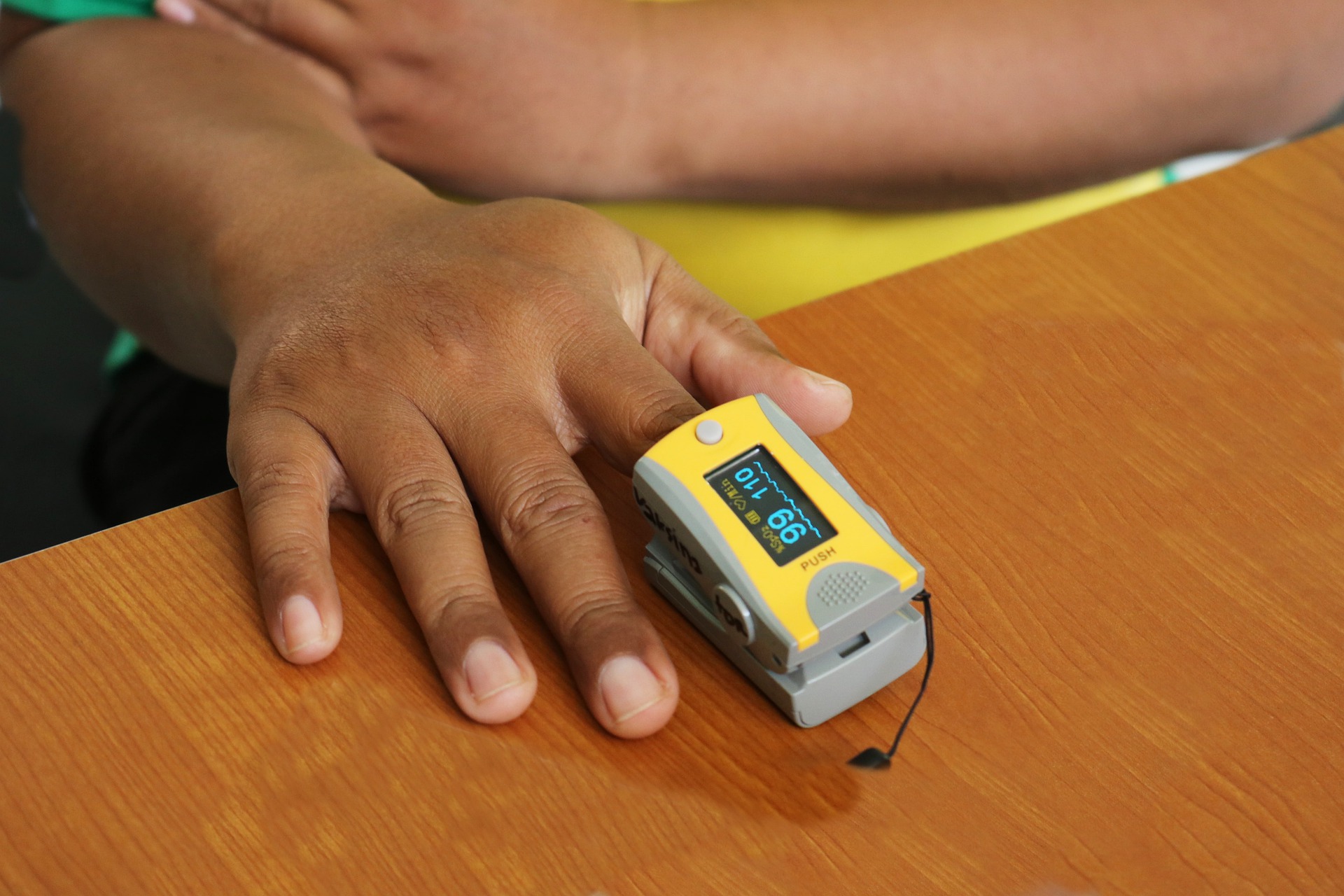Pulse oximeters are causing discrepancies among Black and Hispanic patients and contributing to significant delays in COVID-19 and other respiratory therapies. Medical professionals rely greatly on the Pulse Oximeter readings. This influences the decisions medical professionals make in addressing respiratory challenges in patients. The problem lies in the way the Pulse Oximeters analyze oxygen saturation in patients of color.
Pulse Oximeters are also called Pulse Ox, which are designed to read and analyze oxygen saturation through the use of a light source that shines through the fingertip. The Pulse Ox then analyzes the amount of oxygen saturated red blood cells and displays the oxygen saturation number within the body. This is the reading medical professionals use to decide on the next steps of care with the patient.
In patients of color, Pulse Ox’s were not designed to factor in melanin and often inaccurately display an oversaturation of oxygen in the blood, resulting in black and brown patients not receiving necessary COVID-19/respiratory therapies in a timely manner or in some cases, at all.
When compared with non-Hispanic whites, there was a significant and persistent overestimation of oxygen saturation among patients of color. Some of these Black and Hispanic patients experienced significant and sometimes fatal delays in receiving COVID-19/respiratory therapies.
- Fawzy, A., Wu, T. D., Wang, K., Robinson, M. L., Farha, J., Bradke, A., Golden, S. H., Xu, Y., & Garibaldi, B. T. (2022). Racial and ethnic discrepancy in pulse oximetry and delayed identification of treatment eligibility among patients with COVID-19. JAMA Internal Medicine.
- https://www.lung.org/lung-health-diseases/lung-procedures-and-tests/pulse-oximetry

